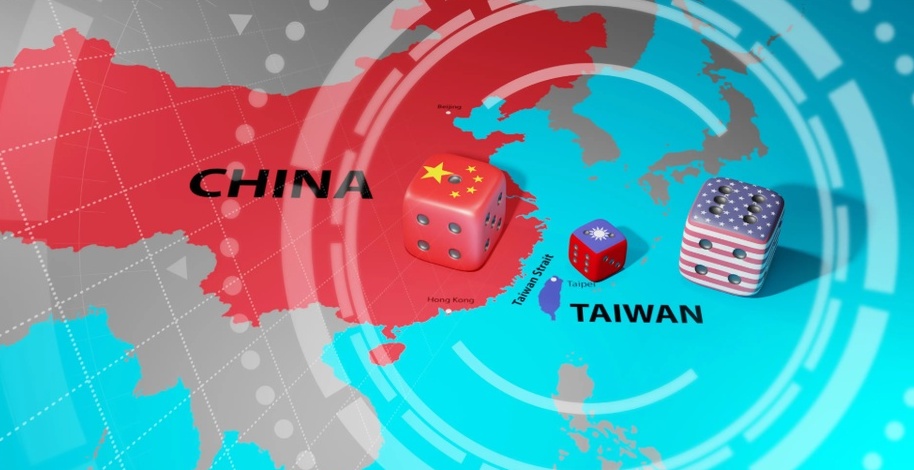SAEDNEWS: Donald Trump, in controversial remarks, stated that Xi Jinping, the President of China, privately assured him that Beijing has no intention of attacking Taiwan during his presidency. These comments come at a time when tensions in the Taiwan Strait and U.S.-China competition have reached a critical point.

According to SaedNews, citing CNN, Taiwan has always been one of the most sensitive points in China-U.S. relations. On one hand, Taiwan, as an unofficial U.S. ally, plays a key role in the strategy to contain China; on the other hand, Beijing considers the island an inseparable part of its territory. Amid this, Trump’s recent statements about Xi Jinping’s verbal promise have raised many questions about the future of regional stability.

Section One: Taiwan’s Strategic Importance
Taiwan, due to its geographical location, advanced technology-based economy, and position in the semiconductor production chain, holds significance beyond a territorial dispute. Control over Taiwan could give Beijing access to vital trade routes and alter the balance of power in East Asia. For the U.S., supporting Taiwan is part of its China containment policy.
Section Two: Trump’s Remarks and Their Implications
Trump’s statements regarding Xi Jinping’s promise elicited varied reactions in the American media and political sphere. Some analysts view it as evidence of the success of Trump’s personal diplomacy, while others believe relying on unwritten promises from authoritarian leaders could be a strategic mistake. The question arises whether such a promise carries any enforceable guarantee or is merely part of Beijing’s psychological strategy.
Section Three: China’s Approach to Taiwan
China has repeatedly stated that reunification with Taiwan is “non-negotiable” and that force will be used if necessary. However, Beijing’s official policy has so far focused on “strategic patience” and efforts to deter the U.S. Xi’s verbal promise to Trump may be part of this strategy to prevent increased military and economic pressure from Washington.
Section Four: Trump’s Political Calculations
Trump emphasizes personal relationships with world leaders in his foreign policy. Making such statements could be seen as a political achievement for him domestically. By making this claim, he demonstrates that he has been able, through direct contact with the Chinese leader, to guarantee regional security. However, critics argue that this approach could make Washington’s Asian allies, such as Japan and South Korea, doubt America’s commitments.
Section Five: International Reactions
At the international level, Trump’s remarks have had wide repercussions. Taiwan officially responded cautiously to such a claim, emphasizing the necessity of practical guarantees from the U.S. In contrast, China has maintained a significant silence, with state media focusing more on “mutual trust” between Beijing and Washington. America’s European and Asian allies are also watching these developments with concern.
Section Six: Taiwan’s Role in the Technology Competition
One of the less visible aspects of this issue is Taiwan’s role in the semiconductor industry. TSMC, as the world’s largest producer of advanced chips, forms the backbone of many industries, from artificial intelligence to modern weaponry. Any change in Taiwan’s status could have a direct impact on the global economy. In this context, China’s verbal promise to Trump is unlikely to ease these concerns.
Section Seven: Possible Scenarios
Upholding the verbal promise: China refrains from direct military action until the end of Trump’s term, but increases economic and political pressure on Taiwan.
Breaking the promise and military action: Should domestic or international conditions change, Beijing may disregard this verbal commitment and take military action.
Psychological and tactical diplomacy: The most likely scenario is that the promise is part of China’s strategy to manage relations with the U.S. and buy time.
Conclusion
Trump’s statements about Xi Jinping’s promise add a new puzzle to Beijing-Washington relations. While these remarks could indicate a reduction in tensions, the lack of enforceable guarantees, the complexity of the geopolitical competition, and Taiwan’s vital position all leave the future uncertain. Ultimately, the equations in East Asia are now more dependent than ever on the decisions of Chinese and American leaders.

